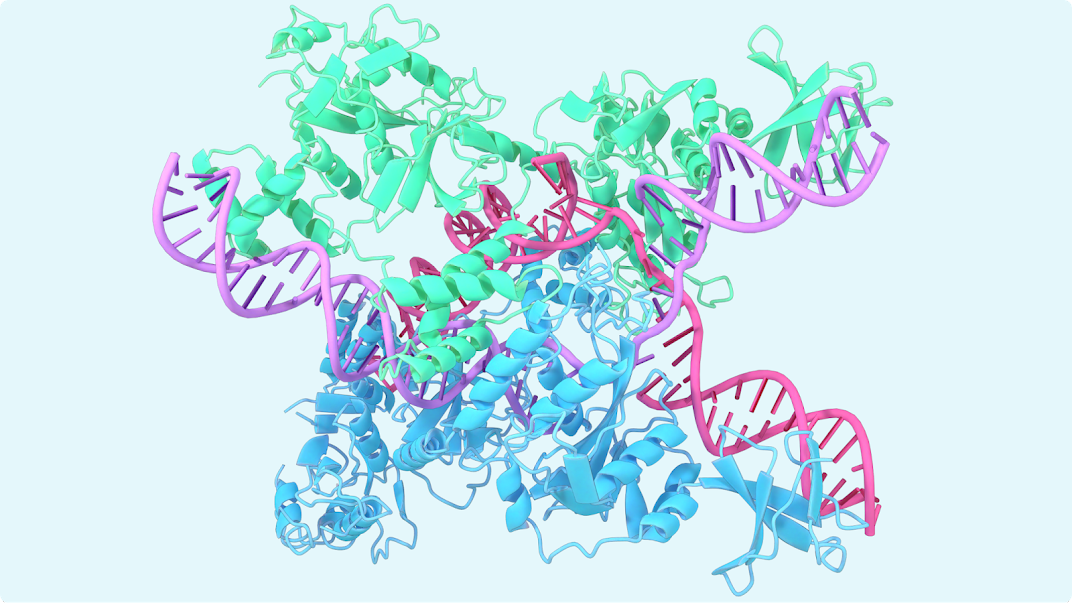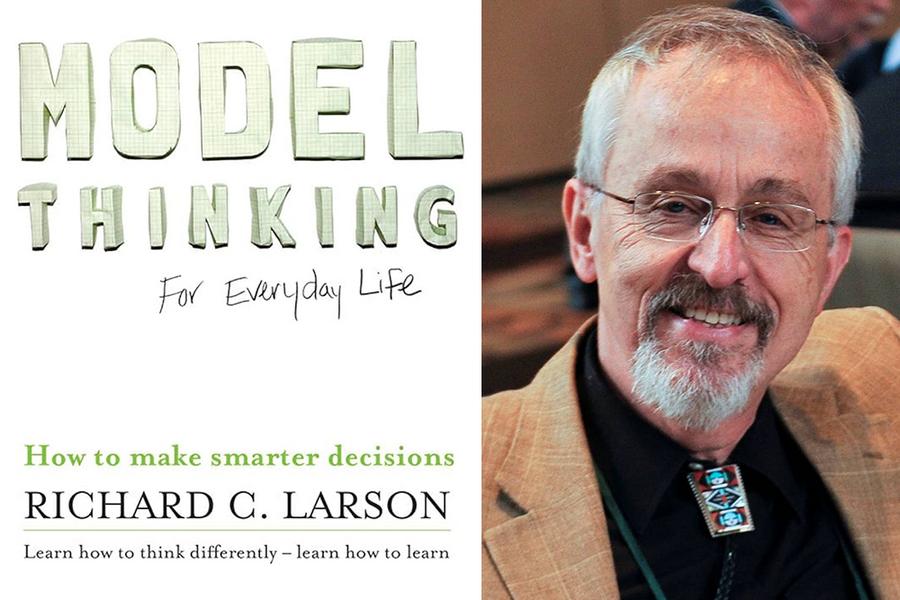Scientists from A*STAR’s Institute of Molecular and Cell Biology (IMCB), in collaboration with researchers from Lee Kong Chian School of Medicine, Nanyang Technological University (NTU), have identified a protein, Agrin, which could be a novel target for developing therapies that can inhibit the growth and spread of liver cancer tumours.
This is an important discovery because the researchers demonstrated that Agrin acts as an ignition switch to fuel the formation of new blood vessels from pre-existing ones, also known as angiogenesis. This process plays a vital role in the development and spread of cancer cells to secondary organ sites such as the lungs. Agrin also facilitates migration of blood vessels within growing tumours, and provides stability to a key receptor on the cells lining the blood vessels during this process.
Using experimental models, the research team showed that the inhibition of Agrin reduced blood vessel infiltration and growth within tumours, thereby shrinking tumour size and progression. The research findings shed light on the mechanisms that regulate blood vessel formation and the treatment of diseases involving angiogenesis.
Liver cancer or Hepatocellular carcinoma (HCC) is highly prevalent in many Asian countries, and is one of the most common cancers among men in Singapore. Presently, HCC patients do not have many options apart from late stage therapies that only offer incremental benefits.
“The knowledge that Agrin may promote blood vessel formation to aggravate liver cancers will contribute to the development of appropriate therapies. By inhibiting Agrin, we can cut off blood supply to the cancer cells and stop tumour growth. The eventual goal is better health outcomes for patients,” said Dr Sayan Chakraborty, Senior Research Fellow in Prof Hong Wanjin’s group at A*STAR’s IMCB, and co-lead researcher of the study.
Moving forward, the research team plans to investigate how targeting Agrin prevents blood vessel formation in liver and other tumours, and whether Agrin’s role in angiogenesis can be exploited in other types of cancers. The team is collaborating with A*STAR’s Experimental Drug Development Centre (EDDC) and Singapore Immunology Network (SIgN) to devise Agrin-based therapies for HCC.
For more information, please refer to the paper “A Role of Agrin in Maintaining the Stability of Vascular Endothelial Growth Factor Receptor-2 during Tumor Angiogenesis”, published online by the journal Cell Reports.
Link to online version:
https://www.cell.com/cell-reports/fulltext/S2211-1247(19)30802-2









